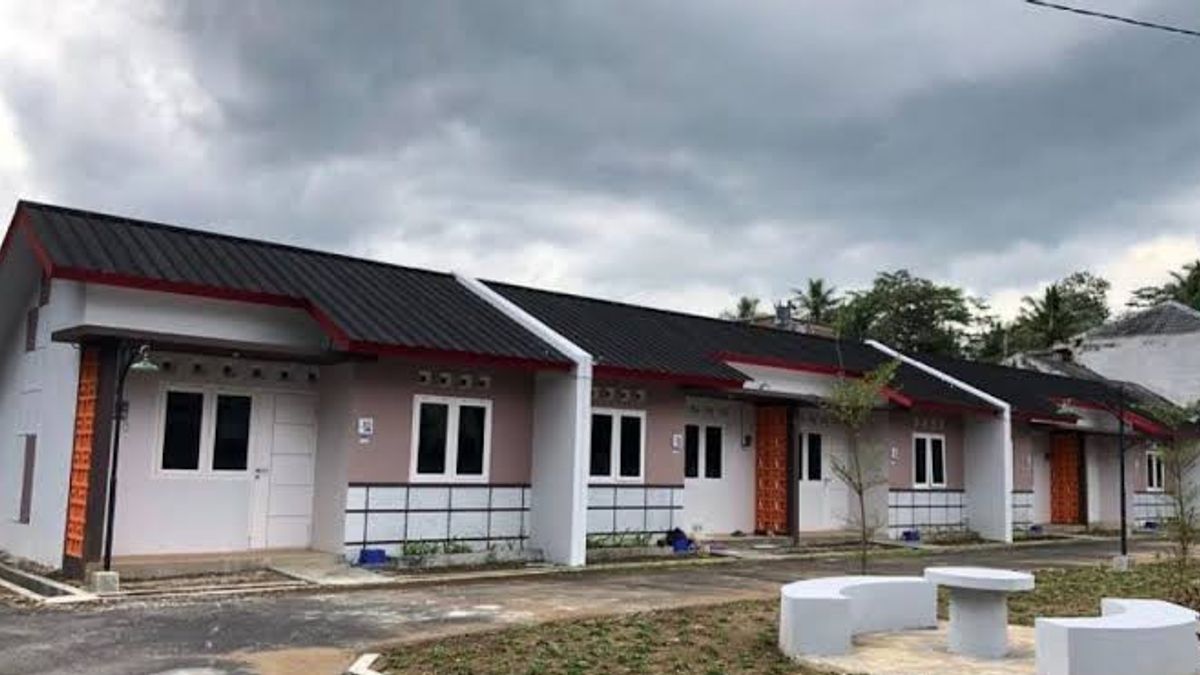JAKARTA - The government through the Ministry of Public Works and Public Housing (PUPR) continues to provide convenience and housing financing assistance so that people can have decent housing and housing.
The plan is for the Ministry of PUPR to increase the quota of Housing Financing Liquidity Facilities (FLPP) to 220,000 units by 2024.
Director General of Public Works and Housing Infrastructure Financing of the Ministry of PUPR Herry Trisaputra Zuna said the government had allocated FLPP funds this year amounting to Rp13.72 trillion for 166,000 housing units.
The allocation is less than the realization of FLPP 2023 which amounted to IDR 26.3 trillion for 229,000 housing units.
Therefore, the government is trying to increase the distribution of FLPP beyond the 2024 allocation to 220,000 housing units.
"This number is lower than 2023. However, in accordance with the results of the internal meeting on October 27, 2023, the government is committed to meeting the needs of FLPP funds in 2024 to become 220,000 units," said Herry on the 2024 Property Outlook agenda: Prospects of Housing Financing in Political Years online, quoted Wednesday, February 28.
On the same occasion, Director of Consumer and Commercial Lending of PT Bank Tabungan Negara (Persero) Tbk or BTN Hirwandi Gafar said that the FLPP subsidized mortgage budget was indeed reduced this year. However, he hopes that the government can increase the FLPP quota to 250,000 units.
"Hopefully this year there will be additional so that at least around 220,000 to 250,000 units can be distributed in 2024," he said.
Given, the purchase of houses in Indonesia is still dominated through the mortgage scheme. In fact, as many as 75 percent of Indonesians buy houses through the mortgage scheme.
Meanwhile, based on the 2020 census, the number of housing backlogs in Indonesia reached 12.7 million families, of which 57 percent of the total backlog or 7.28 million families are low-income groups (MBR).
Thus, the property sector in Indonesia is predicted to continue to grow along with the increasing community needs for housing, especially those that buy houses under the mortgage scheme.
"Economic growth and mortgages can be seen that during the Covid-19 pandemic housing is a sector that continues to grow even though at its peak Covid-19 in 2020 it still grows by around 2.29 percent. Then, if you look at it as a whole, it will continue to grow until now due to the community's need for housing," he added.
The English, Chinese, Japanese, Arabic, and French versions are automatically generated by the AI. So there may still be inaccuracies in translating, please always see Indonesian as our main language. (system supported by DigitalSiber.id)













